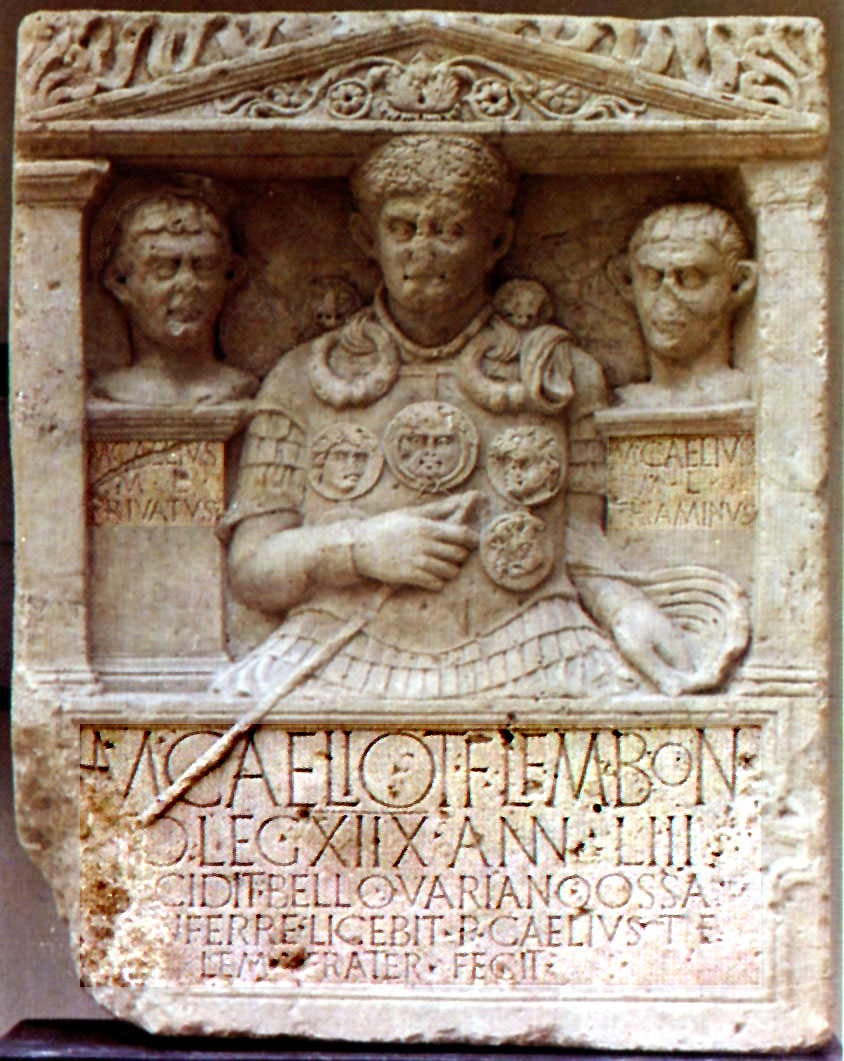With the advancement of literacy by the time of Cicero in the Roman Empire, society began to evolve to adapt to the new found freedom literacy provided.
As discussed in chapter four of “A History of News” by Mitchell Stephens, the Romans were able to write down and share their information and knowledge. This allowed messages to accurately travel over long distances and for details to be more precise.
Formerly, the only way a message was transmitted over long distances was through storytelling, which was not always the most accurate means, and song, which was limited to short and memorable verses.
With the transformation literacy brought to society, as researchers and scientists began to question more about the world around them and build on the knowledge of past generations, journalism was also transformed.

Since there was no longer any need to memorize the news, the abstract concept of newsworthiness was born. Though preliterate societies employed basic standards of newsworthiness, the Romans were able to to explicitly rate and organize news according to newsworthiness. They even noted the importance of the stories through the size and length of headlines. For example, a earthquake may deserve a six-column headline, while a fire may only deserve one.
Though literacy started to spread and made a large impact on the Romans, the effect was not immediate. Even in Cicero’s time, criers were relied on to relay the news to the general public.

Leave a response